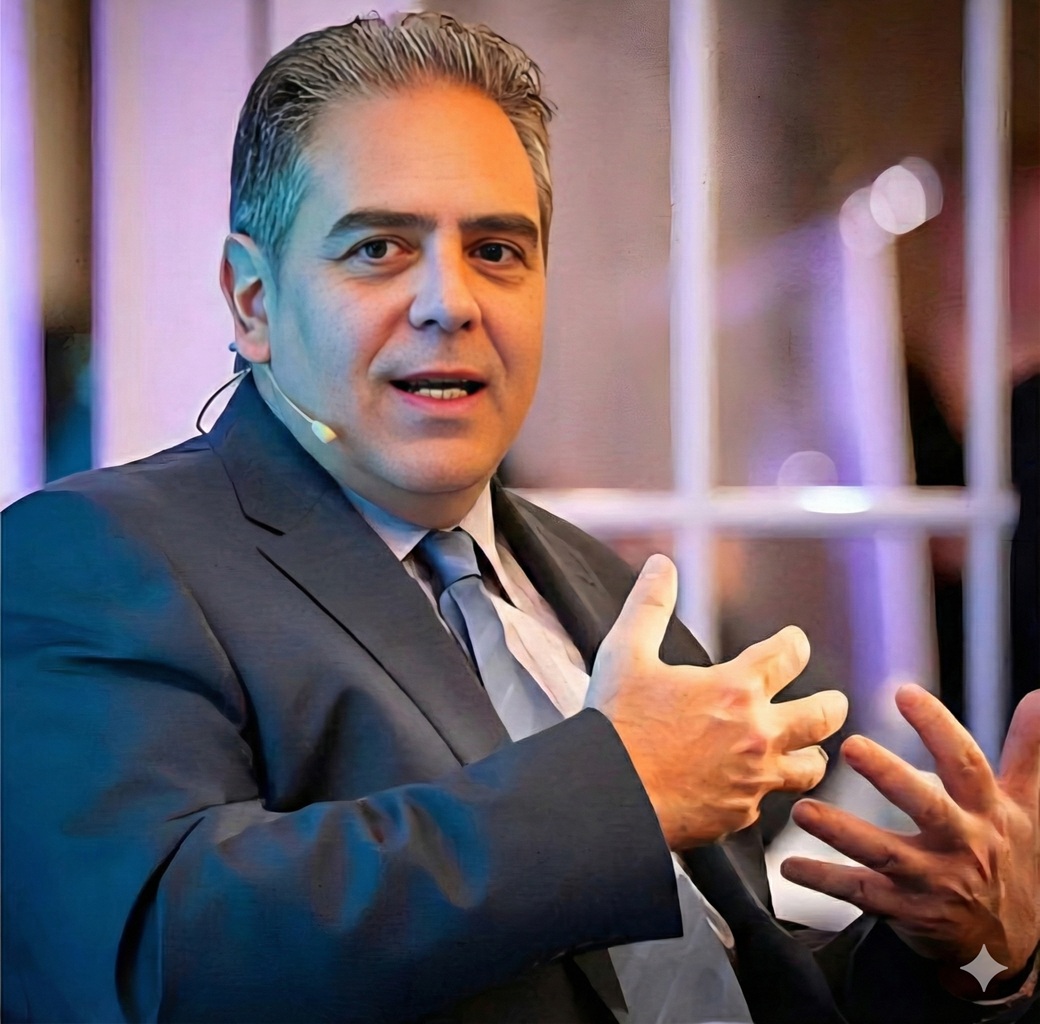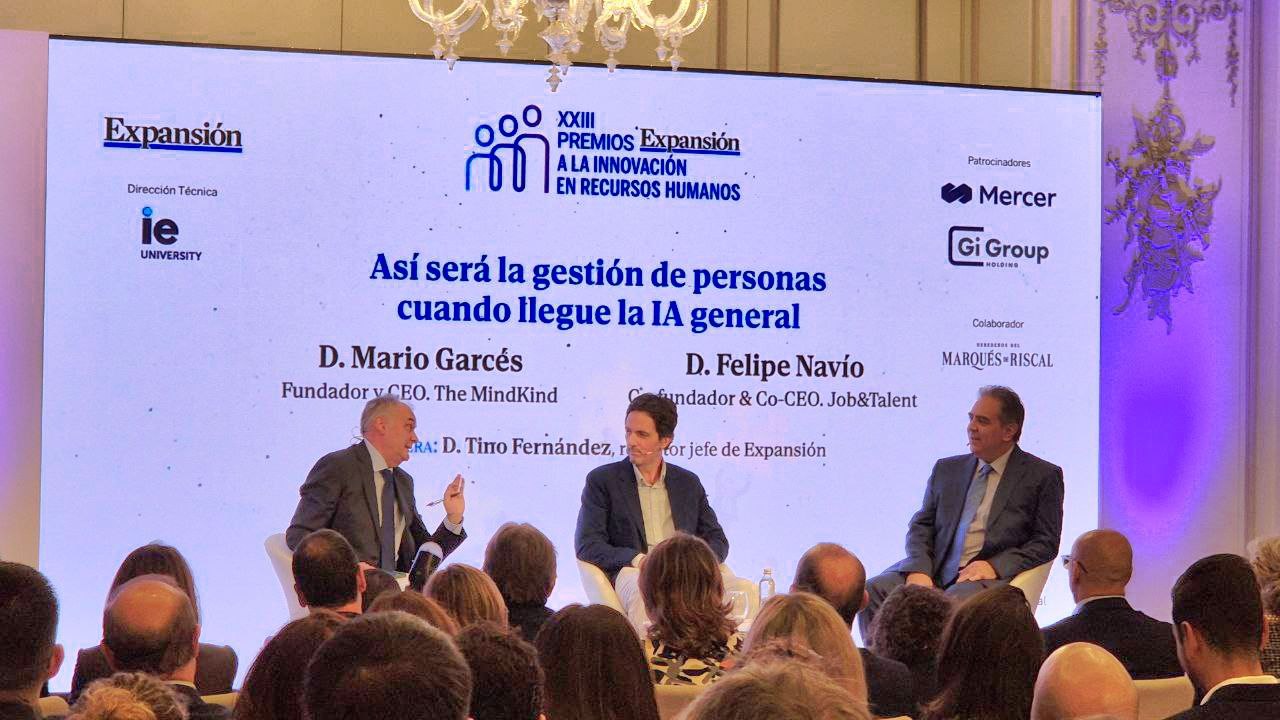Today we have started the first edition of the #SolvAI transdisciplinary congress, which will be running from May 29th to 31th in #Castejón_de_Sos.
We are happy to welcome Rafael del Hoyo Alonso, Gorka Labata Lezaun, Rosa Montañés Salas and Francisco Rojas Luna from the ITA · Instituto Tecnológico de Aragón, Eduardo García-Rico from HM Hospitales and Angel de la Fuente Lascorz from #Multiinformática to our new headquarter in the #Benasque_Valley.
Along this three days, and together with The MindKind team, we will explore the limits of our knowledge about our brain, our mind and the way to achieve bio-inspired Artificial General Intelligence #AGI. This event is a significant step towards fostering transdisciplinary AGI research worldwide
About transdisciplinarity
Transdisciplinarity is a research strategy that crosses many disciplinary boundaries to create a holistic approach. It applies to research efforts focused on problems that cross the boundaries of two or more disciplines. Transdisciplinarity connotes a fusing of theories, methods, and expertise across disciplinary boundaries in which each discipline merges with the others in the formation of a whole that is greater than the sum of its parts.
Transdisciplinarity differs from multidisciplinary collaborations, which rely heavily on unidirectional knowledge contributions from one or more relevant fields, or interdisciplinary approaches that promote bidirectional interactions between disciplines. A transdisciplinary undertaking seeks to integrate knowledge and perspectives from diverse backgrounds to come to a shared and more sophisticated understanding of the problem at hand.
Now, why is transdisciplinarity important to achieve Artificial General Intelligence (AGI)?
AGI, often referred to as “strong AI,” is the kind of artificial intelligence that can understand, learn, and apply knowledge across a wide range of tasks at a level equal to or beyond a human being. Achieving AGI is a complex problem that requires insights from multiple disciplines, including but not limited to computer science, cognitive science, neuroscience, and philosophy.
Transdisciplinarity is crucial in this context because it allows for the integration of knowledge from these diverse fields, fostering a more comprehensive and nuanced understanding of intelligence and cognition. This integrated perspective can help in the design of more sophisticated AI models that better mimic human intelligence.
Moreover, transdisciplinarity promotes the development of innovative solutions by encouraging the cross-fertilization of ideas across different fields. It also facilitates the identification and addressing of ethical, societal, and practical challenges associated with AGI.
In summary, transdisciplinarity provides a valuable framework for the pursuit of AGI, promoting a holistic, integrated, and innovative approach to one of the most complex challenges of our time
Congress Report:
29-5-2024:
The first day, we have explored the state-of-art of AGI and the open functional challenges we need to fix in our search towards achieving our ETR technology.


30-5-2024:
This second session has been focused on exploring the functioning of the inmune system, to look for inspiration on how to solve some AGI functional structure challenges which are yet unsolved.

















